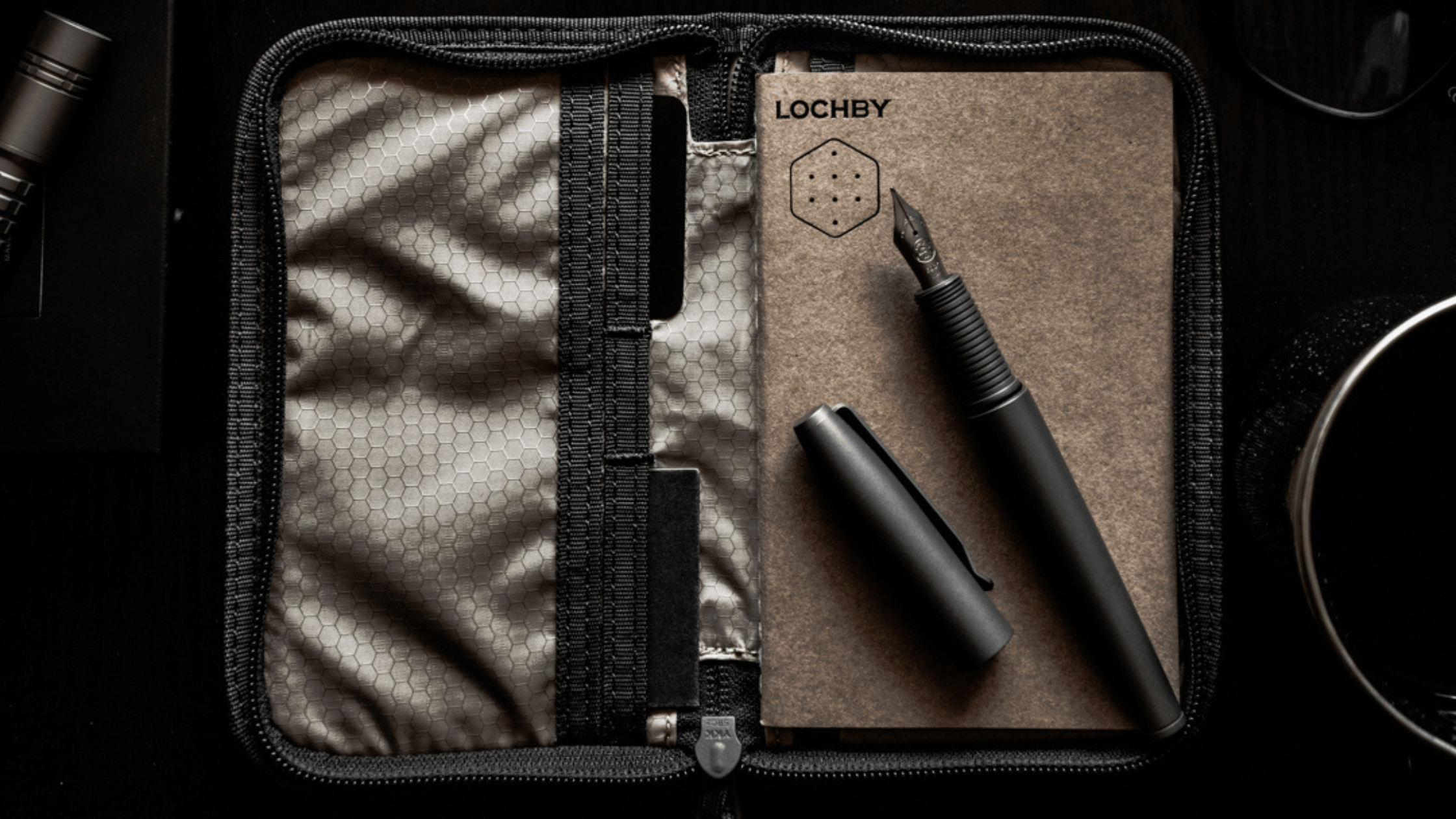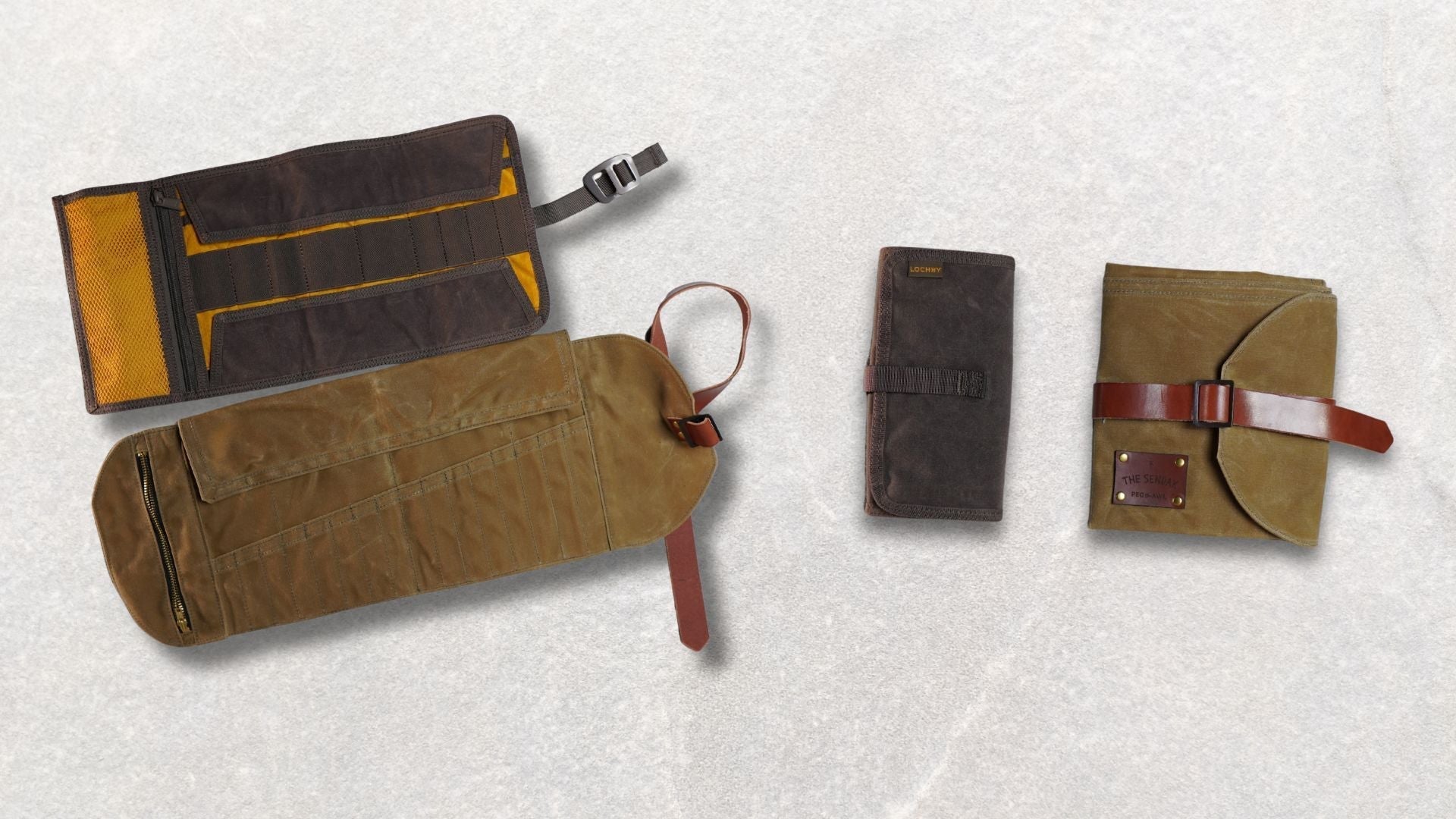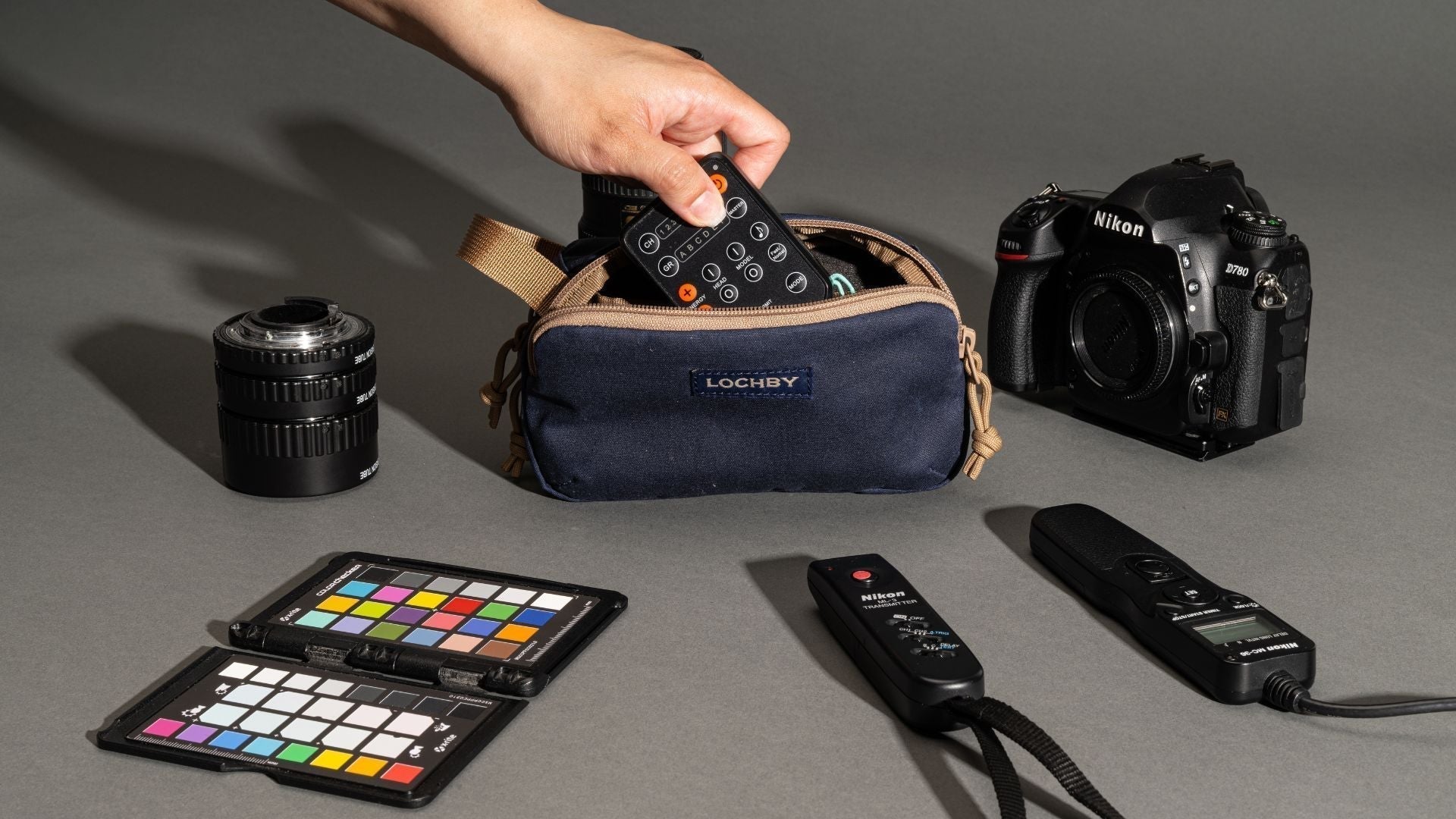As an entrepreneur, I’m always looking for ways to improve my decision making. Of course, you don’t have to be an entrepreneur to recognize the importance of making good decisions.
Bad decisions almost always cost us both time and money. Whereas, good decisions can change your whole life! In my search, I discovered Jim Rohn. Unfortunately, he passed away in 2009, but before he did, he left all of us with so much wisdom. Like many of us, he started with very little and learned the skills necessary to become successful in business. Later, he became a business coach, public speaker, and author.
Though I never met the man, I consider him a mentor. One topic that he always spoke about was the power of journaling. I was always inconsistent about keeping a journal before listening to Jim Rohn’s talks. After I understood how powerful it could be, consistency came far more easily. Journaling is one habit that has expanded my self awareness, helped me to solve problems, and pushed me to start this company. Here are some of the lessons that I took from Mr. Rohn.
1. Decision Making > Hustle
A lot of success in business, or any endeavor, comes from hard work. Hustle is important. But what I’ve found is far more important is making wise decisions, especially when it comes to operating a business or running an organization. For example, I’m not physically sewing our journal covers. If I did, it wouldn’t take long before that would become the bottleneck for our growth. So it’s up to me to choose the right manufacturing partners, create a marketing strategy, design functional products, etc. Success, therefore, depends on me making wise decisions.
Of course, there are external factors like the economy, marketplace, etc. but I can’t affect those things, so I don’t worry about them. According to Rohn, better decision making comes from better thinking habits, which comes from experience. You can shorten that experience curve by thinking on paper. By writing down your observations and lessons learned, you can condense years of experience into a few pages.
As a side note, that’s also the power of books. Benjamin Franklin lived to be 84 years old and learned many things along the way. Instead of living 84 years to gain that same experience, I can read a good biography and condense those lessons into a few hours. Thinking on paper allows us to condense experiences to remember lessons learned, which we can apply to future decisions. Whenever I have a conversation with a supplier, marketer, or investor, I take notes in my journal. This helps me to condense their experiences and incorporate them into my decision making process.
In the same way, I have a conversation with myself, which helps me to reinforce successful habits, traits, and knowledge that I want to carry forward to future decisions. Whenever I have a particularly difficult decision in front of me, I can reference my journal to glean the insights from those past conversations.
2. Write Down Problems
Rohn said “There is something magical about writing down a problem. It is almost as though in the very act of writing what is wrong, you start to discover ways of making it right.” I don’t know if you’ve ever tried it. I was somewhat skeptical myself, but found it to be absolutely true. The reason is probably because writing down the problem creates space and allows us to be more objective.
Have you ever had a friend that came to you with a problem that was simple to solve? The answer seemed so obvious to you probably because it wasn't personal. You were able to look at things objectively, without emotion. When we let problems fester in our mind, they’re difficult to solve because our perceptions distort what’s really happening. Writing in our journal is that objective friend. When we see the problem as words on a page, it suddenly becomes more factual, more clear, and certainly more manageable.
I had a previous company that sold various products. They were all selling well except for one, and I racked my brain to think of ways to make it sell better. Increase the ad budget, find a better influencer, tweak the copywriting on the product page.
Finally, I wrote the problem down in my journal, and realized how simple the solution was. I just stopped selling that item. I could work hard to fight the marketplace, or I could take that energy and invest it in other, better performing products. That (now easy) decision saved me headaches, time, and money.
3. Create A System of Capturing Ideas
Another way journaling improves our decision making, is by becoming a warehouse of our best ideas. How many times have you come across a great quote or had a sudden flash of inspiration, but later forgot it? It’s happened to me a lot before carrying around a journal wherever I go. By the way, we can also capture ideas with our smartphones. Many studies show, however, that the old fashioned act of writing helps us to remember better. Also, if you’re like me, you savor any analog vacation from our increasingly digital world. And just like flipping through a physical book, I prefer to flip through the pages of my old journals.
And because ideas can strike at any time, it’s important to keep your journal close by no matter what. Rohn gave a word of advice on this: “A journal should be capable of going wherever you go. A journal that requires more space than your bag permits, or more room than your desktop allows, more often than not, will be left at home gathering dust instead of thoughts and cobwebs instead of observations.” It always seems like great ideas strike when our minds are at rest. That’s why so many come while we’re in the shower. One thing I like to do is go on long walks. When I’m breathing in fresh air and moving at a leisurely pace, my mind is relaxed and that’s when I come up with my best ideas.
Sometimes I’m listening to a podcast, but more often I’m just thinking. Either way, I always have my Pocket Journal and EDK pen with me to capture those ideas. If the idea is good enough, I’ll transfer it to my main Field Journal, which additionally acts as my planner, diary, and sketchbook. This is also the main journal I take with me to personal and business meetings. Of course, any notebook or pen will do. The best journal is the one that is with you when inspiration strikes. That said, I’ve intentionally designed both the Field Journal and Pocket Journal to carry out the duties Jim Rohn mentions. The durable waxed canvas is weather-proof, extra pockets hold necessities, and premium paper that’s made for fountain pens and rollerballs create a pleasant experience.
Conclusion
Jim Rohn has taught me so much about the power of journaling. Honestly, there’s more to write about, but because this article is getting long, I’ll save that for a Part II. My three biggest takeaways are:
- Journaling will condense experiences to allow for better decision making.
- Writing a problem down will add clarity and objectivity, which will make solving the problem easier.
- Capturing ideas and referencing them will add to my knowledge and wisdom.
These three lessons have been instrumental in me finding success in my business. Like I wrote earlier, I found this method of journaling so powerful that I decided to build a business around it.
What are your thoughts? Have you already learned these lessons from Jim Rohn? If so, how has it affected your journaling practice? Have you found this helpful? Let me know in the comments below!





5 Things To Track With Your Habit Tracker
Bauhaus Beauty: the Lamy 2000